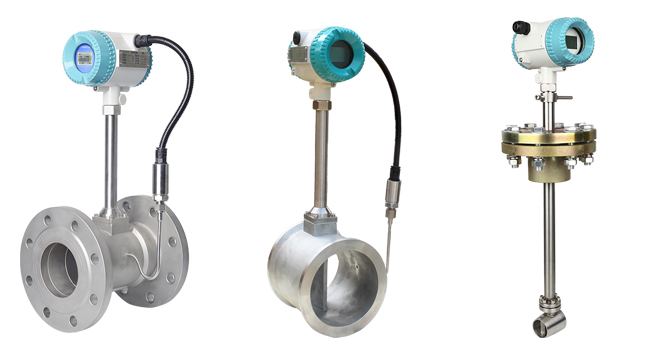-
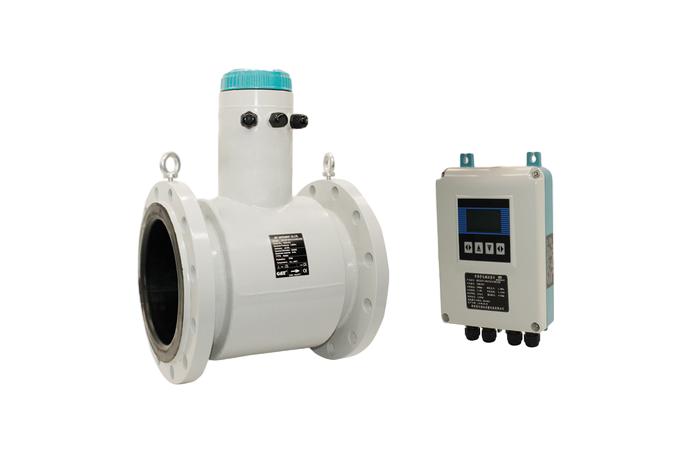 2025-05-14
2025-05-14Sanitary vs Standard Electromagnetic Flow Meters: A Cost-Benefit Analysis for Food & Beverage Plants
In food and beverage processing, selecting the right electromagnetic flow meter can mean the difference between efficient operations and costly regulatory violations. While standard magmeters may seem appealing for their lower upfront costs, sanitary models often prove more economical long-term. This article provides a data-driven comparison to guide your investment decision. -
 2025-03-21
2025-03-21Which flow meter is most accurate ?
Which flowmeter is the most accurate ? This article will compare and analyze the performance characteristics of mainstream high-precision flowmeters to help you make accurate decisions. -
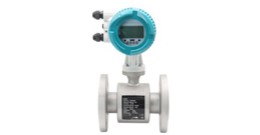 2025-01-06
2025-01-06Electromagnetic flow meter maintenance
1. Routine maintenance
Check the electromagnetic flowmeter regularly, focusing on the following matters: -
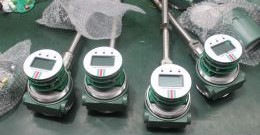 2024-12-03
2024-12-03How to deal with the flow meter fluctuation, try these practical solutions
Flowmeter fluctuation is a common problem in production, the following are some practical solutions: -
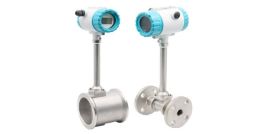 2024-11-06
2024-11-06Vortex flow meter: the core technology of gas flow measurement
There are many types of gases, including those used as energy sources, such as natural gas, gas, hydrogen and compressed air; There are also industrial raw gas, such as oxygen, nitrogen, carbon dioxide, hydrogen sulfide, methane, chlorine, etc.; There are also some enterprises that discharge the exhaust gas generated after combustion and chemical reaction into the atmosphere. Whether it is energy gas, raw material gas, or waste gas, flow measurement or detection is needed in the transportation process. -
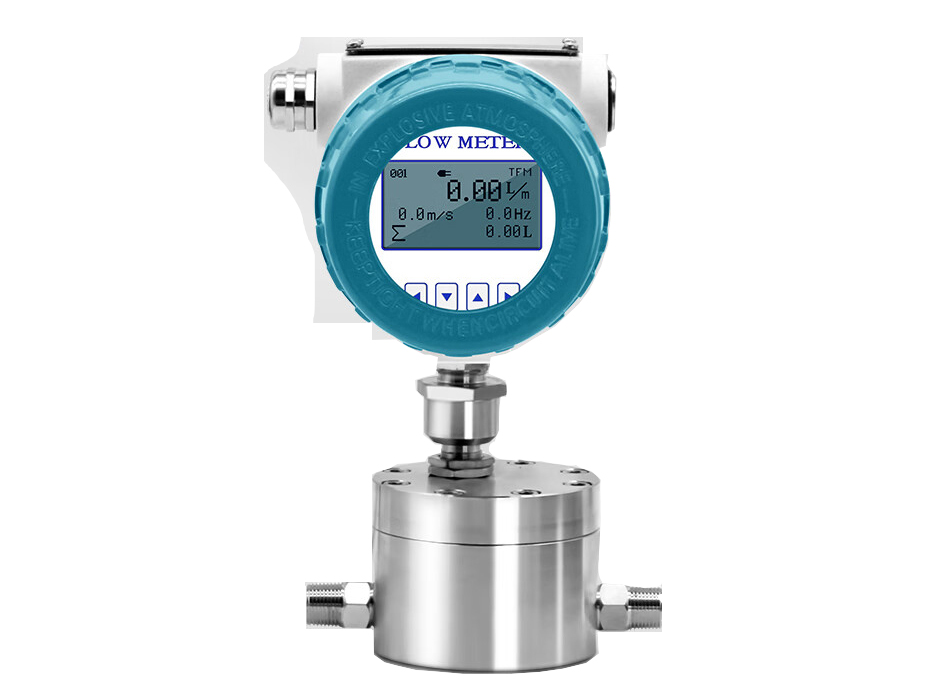 2024-10-12
2024-10-12How to choose the right lubricating oil flow meter?
Lubricating oil flowmeter is an indispensable instrument in industrial equipment and machinery, which can accurately measure the flow of lubricating oil and help monitor abnormal conditions in equipment operation. -
 2024-08-14
2024-08-14Why is electromagnetic flow meter measurement inaccurate?
Electromagnetic flow meters are commonly used to measure the flow of conductive fluids, but during use, there are some factors that may cause the measurement results to be inaccurate: -
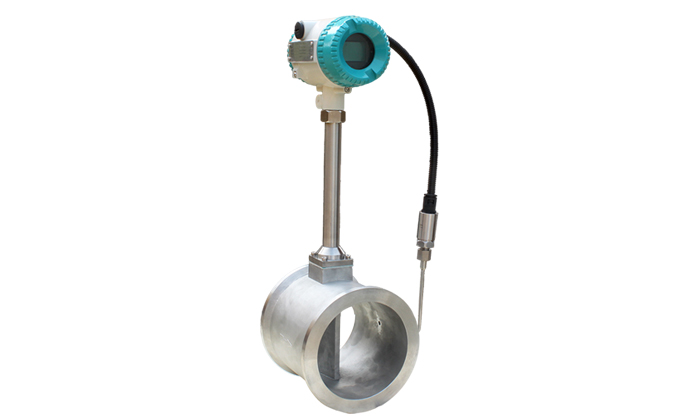 2024-08-07
2024-08-07How to choose the right air compressor flow meter?
When selecting the right air compressor flow meter, several factors need to be considered to ensure that it can meet the specific application needs. Here are some key steps and considerations:

-
Download Catalog Thermal Mass Flow Meter Gas Turbine Flow Meter Vortex Flow Meter Liquid Turbine Flow Meter Natural Gas Flow Meter Compressed Air Flow Meter Gas Roots Flow Meter Electromagnetic Flow Meter Coriolis Mass Flow Meter Swirl Flow Meter Radar Level Meter Ultrasonic Flow Meter Positive Displacement Flow Meter Ultrasonic Level Meter Metallic Tube Rotameter Magnetic Level Gauge Flow Calibration Device


